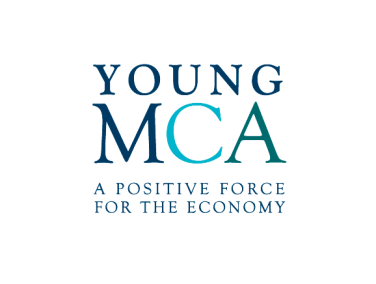Innovation represents an exciting opportunity for all companies – however those who are not afraid to take risks are likely to see the best results. As the proverb goes, ‘fortune favours the brave’, and this notion particularly holds weight in today’s business environment where traditional attitudes can act as a barrier to lasting, impactful transformation. Young consultants have a vital role to play in driving innovation and change. At Accenture, an innovation programme based on this very ethos was successfully launched last year, with over £1m already invested in multiple projects which have been sparked by ideas from employees.
The Case for an Alternative Mindset
The entrepreneurial nature of young consultants is key to embedding innovation within organisations. Developing an innovative culture requires time, patience and investment so this has to be reflected in how it is measured. Arguably, success is still predominantly measured using outdated performance metrics and this can inadvertently stifle innovation, especially in situations where the financial benefits are not always immediate. Instead, ‘disruptive’ metrics which track benefit realisation across a wider period should be championed. Examples of such metrics can include:
- Analysing the number of new ideas submitted each month against the kill rate (ideas which are rejected)
- Reviewing the number of new partnerships formed as a result of innovation
- Looking at the volume of innovative projects that have been developed.
Operational metrics that are focussed solely on costs, risk management and timelines limit the development of innovation as these fail to take into account non-fiscal benefits. By using alternative, and crucially, measurable methods, this provides a better insight into the perceived success of an innovation programme by looking not only at elements such as ROI but also the more subtle social impact of innovation in the workplace.
In an era where headlines are dominated by start-up companies disrupting established industries with their high profit – low cost base model, it is easy for Senior Executives to harbour similar expectations within their businesses. However, whilst the required infrastructure may already be in place for large organisations to deliver innovation, it is typically the cultural and behavioural change needed that presents the biggest challenge. Renewing the business mind-set as well as the approach to measuring performance and allocating funding is therefore a significant step in the innovation journey.
To summarise:
- Young consultants have a key role to play in driving innovation due to their ability to advocate new ways of working and champion an alternative mind-set to measuring innovation performance
- Disruptive metrics should be the preferred method for gauging the success of innovation as traditional operational metrics are not always relevant
- By widening the scope of measuring benefit realisation, benefits are more accurately captured thus providing greater insight into the true progress of innovation.
Written by Tobi Ogunsanya, Accenture Strategy, for the Young MCA Update. 

